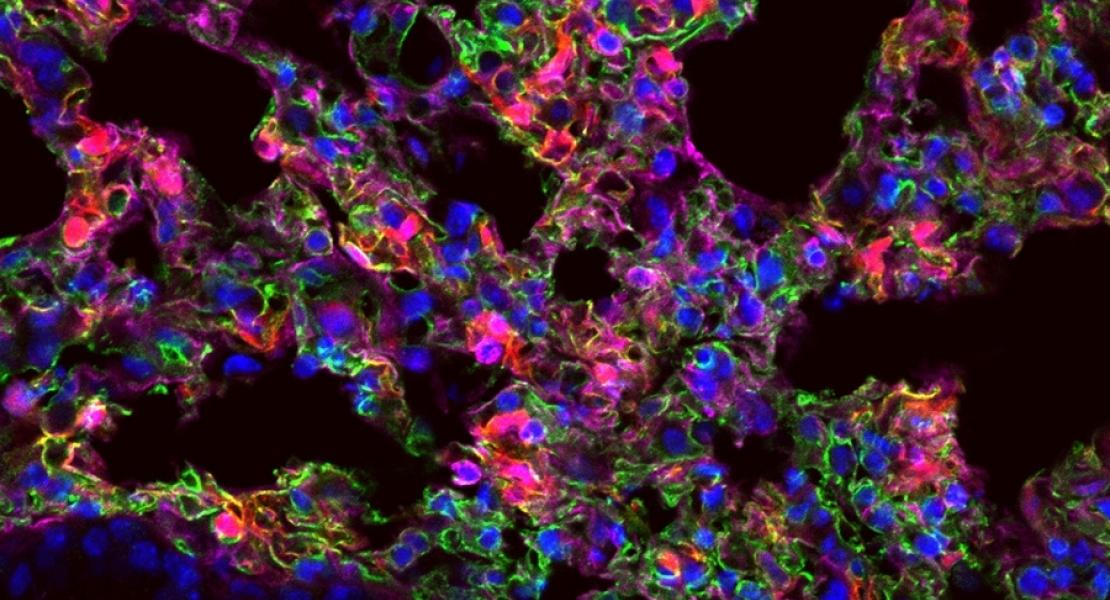RNA Editing Underlies Temperature Adaptation in K+ Channels from Polar Octopi

Abstract
To operate in the extreme cold, ion channels from psychrophiles must have evolved structural changes to compensate for their thermal environment. A reasonable assumption would be that the underlying adaptations lie within the encoding genes. Here, we show that delayed rectifier K+ channel genes from an Antarctic and a tropical octopus encode channels that differ at only four positions and display very similar behavior when expressed in Xenopus oocytes. However, the transcribed messenger RNAs are extensively edited, creating functional diversity. One editing site, which recodes an isoleucine to a valine in the channel’s pore, greatly accelerates gating kinetics by destabilizing the open state. This site is extensively edited in both Antarctic and Arctic species, but mostly unedited in tropical species. Thus adenosine-to-inosine RNA editing can respond to the physical environment.
